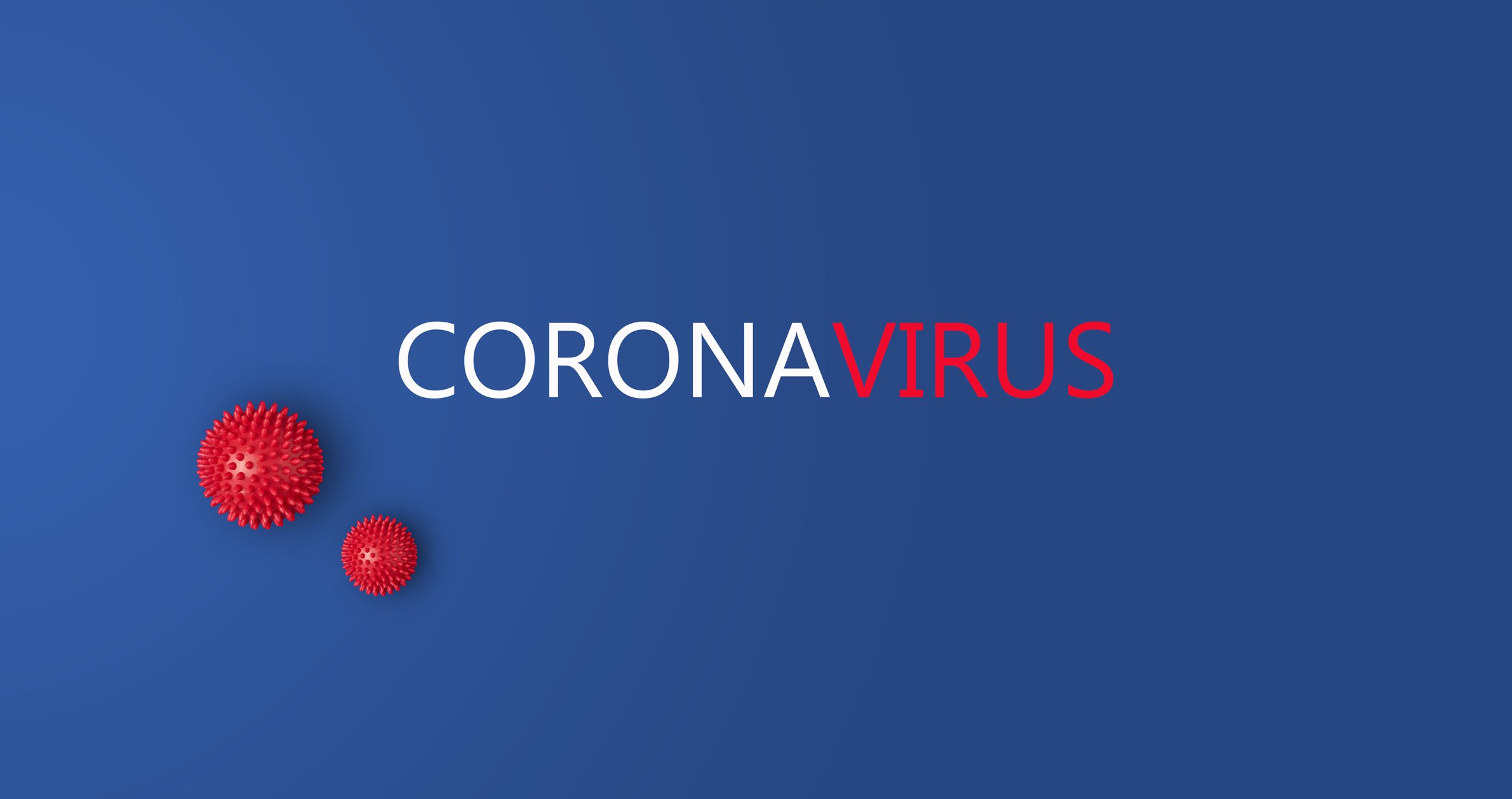
Due to the continued spread of COVID-19 around the world, and the state of emergency recently declared in the State of Michigan, the staff and management at Ganton’s Countryside are taking extraordinary precautions to protect our residents who are considered among the most vulnerable to COVID-19.
In addition to the universal precautions we always follow, we are taking daily and ongoing steps to increase housekeeping including the sanitizing of high-touch surfaces like light switches, handrails, wheelchairs, walkers, door handles, and common areas.
Each day, we have a call with specialists at the Michigan Department of Health and Human Services to be updated on new information from the Centers for Disease Control and Prevention and other agencies.
In accordance with the CDC’s Strategies to Prevent the Spread of COVID-19 in Long-Term Care Facilities, we have instituted necessary precautions, including:
- Posting signs at entrances instructing visitors not to enter if they have any symptoms of respiratory infection.
- Providing a sick leave policy that allows employees with respiratory infection symptoms to stay home.
- Assessing residents’ symptoms of respiratory infection upon admission to the facility and implementing appropriate infection prevention practices for incoming symptomatic residents.
- Keeping residents and staff informed and updated on best practices to stop the spread of respiratory germs.
- Monitoring residents and staff for signs of respiratory infection (including fever) and preparing to isolate them as needed.
- Care for residents with undiagnosed respiratory infection using Standard, Contact, and Droplet Precautions with eye protection unless suspected diagnosis requires Airborne Precautions (e.g., tuberculosis).
- Continually monitor the status of COVID-19 in the state and community.
- Educating staff, residents and visitors about hand hygiene, respiratory hygiene and cough etiquette, and to refrain from touching their faces.
- Providing alcohol-based hand sanitizers in each resident’s room as well as tissues, soap and paper towels.
- Identifying employees to provide dedicated care for residents with COVID-19, should the need arise, and providing infection control training per the CDC.
- Providing any necessary personal protective equipment such as gloves, masks, eye protection, and gowns in locations outside COVID-19 patient’s rooms. Also providing adequate disposal containers for used PPE.
For family and friends of our residents, we also want to share the CDC’s recommendations to help you protect yourselves and your loved ones.
- Stock up on food, supplies and medications.
- Avoid contact with people who are sick.
- Wash hands often with soap and water and avoid touching your face. Use hand sanitizer with at least 60 percent alcohol when soap and water are not available.
- Avoid touching surfaces in public places like elevator buttons, handrails, door handles, etc. Wash or sanitize hands if you do touch such surfaces.
- Routinely clean and sanitize high-touch surfaces in your home such as light switches, knobs and handles, faucets, phones and cell phones, etc.
- Avoid all non-essential travel especially via air and cruise ships.
- If COVID-19 is spreading in your community, stay home and communicate with friends and family via email, text or phone.
If you get sick, follow these directions from the CDC:
- Stay home. Do not go to work, school or public areas and avoid public transportation.
- Isolate yourself as much as possible from others and from pets and use a separate bathroom if possible.
- Call your healthcare provider and let them know about your symptoms. Tell them that you have or may have COVID-19. This will help them take care of you and keep other people from getting infected or exposed.
- Wear a mask. If you cannot wear a mask, anyone caring for you should wear a mask when entering your room.
- Wash hands and sanitize surfaces as much as possible. Properly dispose of all tissues, masks, gloves, etc.
- If you are not sick enough to be hospitalized, you can recover at home. Follow CDC instructions for how to take care of yourself at home.
- Know when to get emergency help and call 911 if needed.
Because of the constantly changing nature of the COVID-19 health crisis, Ganton’s Countryside will be posting regular updates on our Facebook page.
